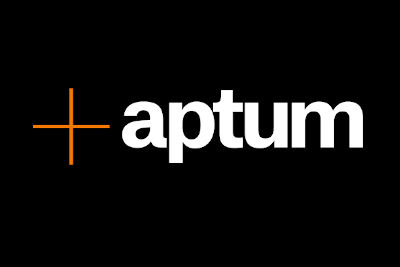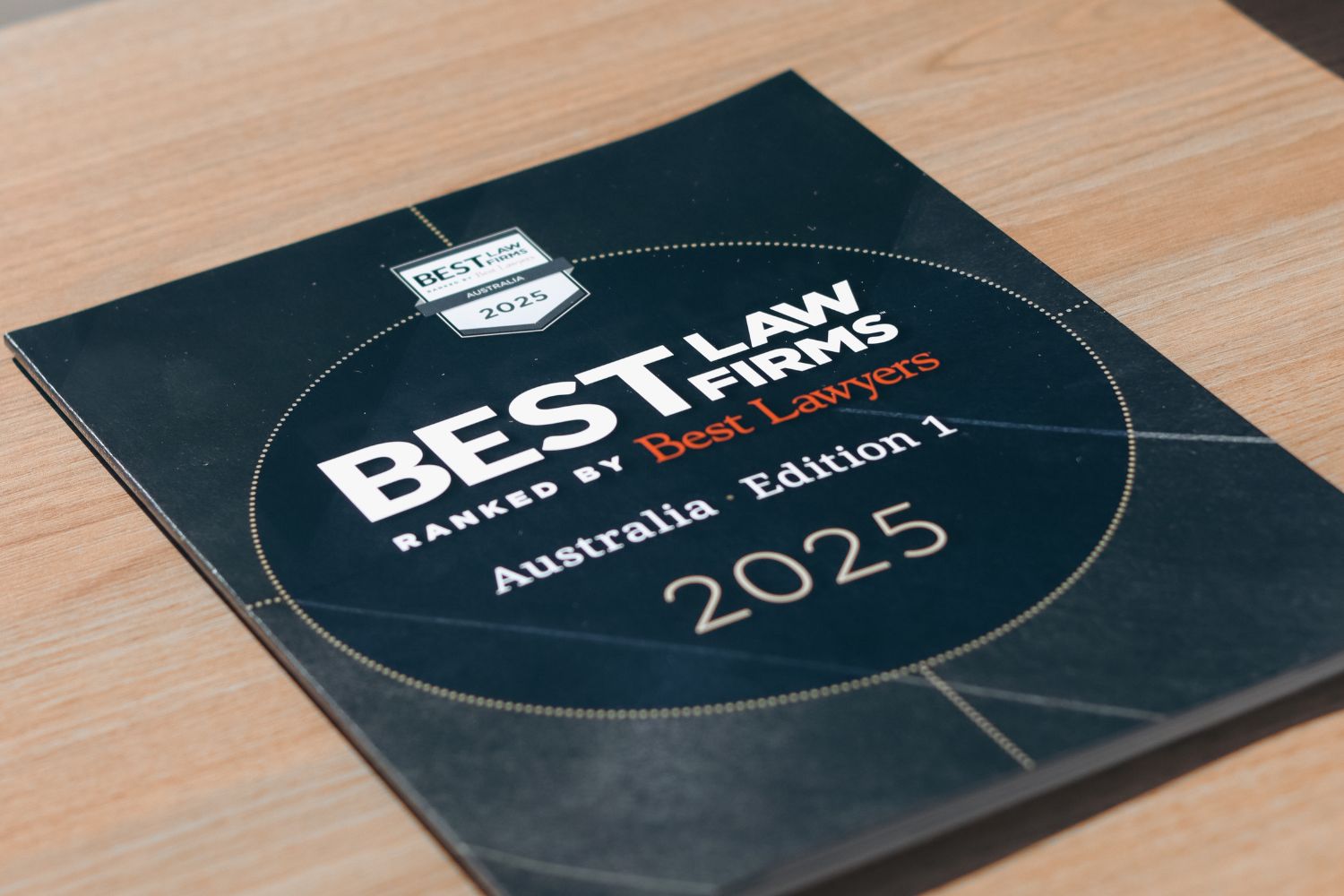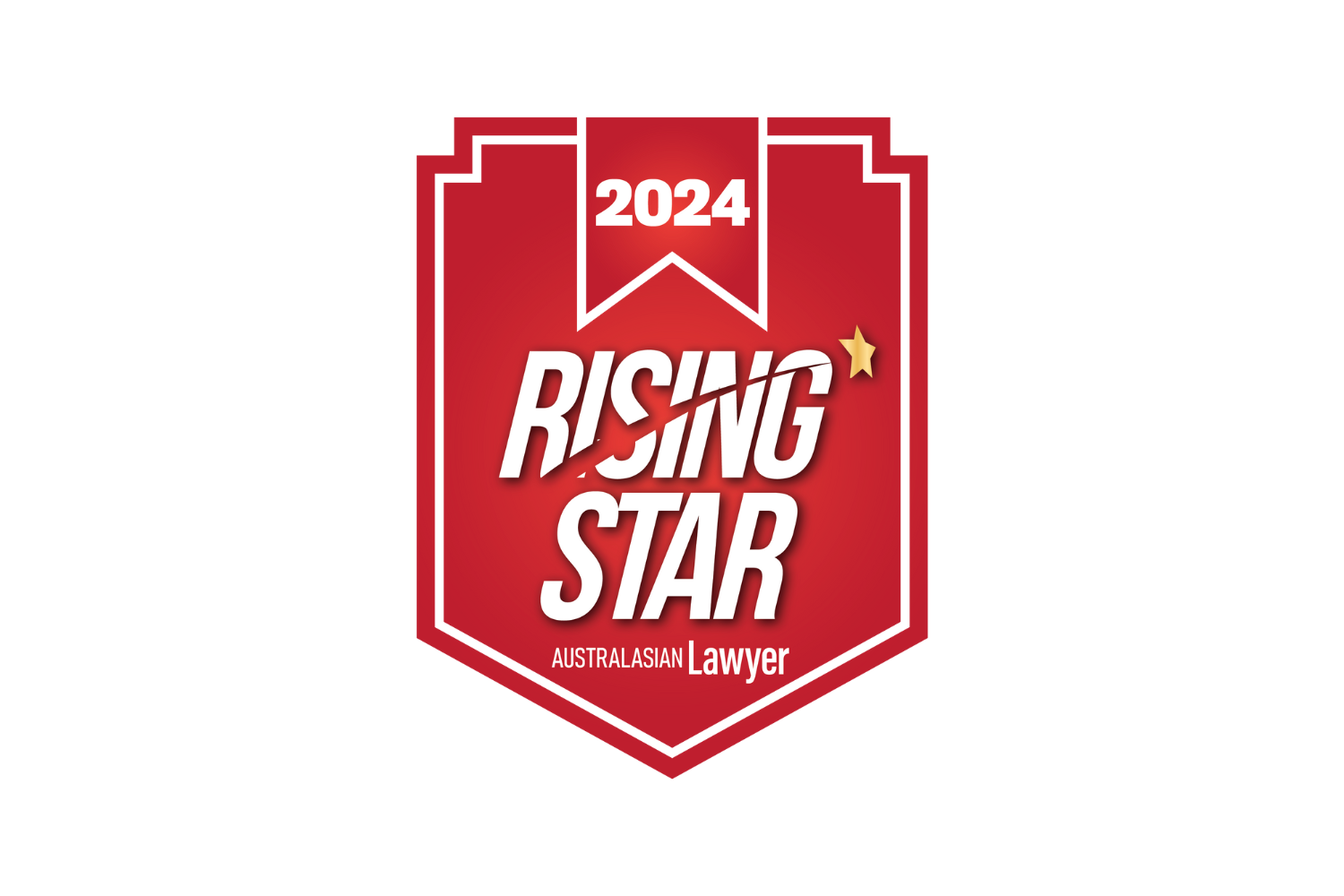Litigation can be a disempowering process for many people – you can’t control it, you’re stuck in it and you feel as though you’re at the mercy of the court process. On top of that, you can end up paying way more than you expect.
This isn’t good enough.
In our view, unless something changes with the way in which lawyers deliver their services, there is no way to achieve better outcomes. Clients should have more control over what they are trying to achieve in disputes by taking advantage of new methods, new technologies, and better processes that have proven successful in other industries. It’s about adopting best practice, being adaptable, and using all the tools at your disposal to create a service that is focussed on outcomes and clients’ interests.
For us, adaptability and a constant pursuit of “best practice” are everything. Even our name, Aptum, was taken from the Latin term meaning ‘adaptable’. It encompasses our approach and philosophy. It is at the heart of what we do.
So why is this important? Clearly, the traditional way of providing legal services is failing. In commercial litigation, in particular, it is failing to provide high-quality service that delivers commercial outcomes. The bottom line is that very few people are happy with the service they get from their lawyers and the court process. For us, it’s just unacceptable to let this continue and pretend nothing can be done about it. So at Aptum, we have created a new, innovative approach that overcomes many of the issues clients face during the process.
There are three main elements to how we go about achieving better results and a better process:
1. Value-Based Pricing
We offer fixed, proportionate, value-based pricing tailored to each individual matter. Time is not a measure of value. We ensure our price is based on the value that clients see in our service, enabling us to focus on outcomes, not process.
This pricing and billing model is critical to how we can provide a better service. Prior to creating Aptum, it was clear to us that purely time-based pricing in the traditional way was a huge factor in creating poor outcomes and increasing the length of time that disputes take. Time-based pricing rewards inefficiency, stifles creativity and innovation, discourages open and collaborative thought, focusses on process over outcomes and alienates even the most sophisticated clients. Critically, it also regularly leads to situations where costs are completely out of proportion to outcomes.
For Aptum, our goal was to create a value-based pricing model that overcame these key issues and which gave clarity and certainty to our clients while aligning our services with the value of the outcome.
2. Project Management
However, having a value or fixed price model will only work where the law firm is fixated on achieving the desired outcome as efficiently as possible. You need to have a watertight project management capability in place to make sure everything works during the engagement.
Strangely, the idea of applying proper efficient project management principles to litigation seems to have bypassed the legal industry. Litigation is a project like any other, clearly the sort of project that is amenable to the disciplines around project management. Project management is about ensuring that you are getting the most effective way to achieve the desired outcome.
By looking at other industries principles of best practice, we are able to use key project management approaches to better manage disputes.
There are two main elements:
- The initial scoping exercise – this is critical in litigation because the way in which you perceive the risks, the way in which you assess prospects, the way in which you identify any impediments to resolving a dispute, should govern where you deploy your resources. We aim to show clients their prospects, their impediments and their risks before litigation even begins.
- We also ensure that the necessary steps towards the outcome are being managed in the most effective way. In contrast, the traditional model is simply having lawyers who undertake every task related to a matter. Senior associates direct second or third-year lawyers to do these tasks, regardless of whether they are related to providing legal advice or not. Imposing project management disciplines is being able to segment those tasks in a way that ensures the most effective resources are used for that task.
3. Collaboration
At Aptum, we also have a constant drive to seek out alternative and collaborative approaches, appropriate and proportionate to the value of the project.
We are experts in solving your dispute, but we can also bring in other experts to make sure that you are getting expert advice in every facet of your matter.
For example, we bring in accounting and financial expertise. When working collaboratively with an accountant, we are able to better understand the financials surrounding your particular business. This creates a far more effective outcome for our clients because we understand more about the impediments to resolving your dispute. Without this level of expertise, it can be hard to see where disputes are even evolving.
We also collaborate extensively internally. We believe that you can create an inspiring, creative environment when you value the time a person spends rather than the quality and effectiveness of their contribution. Great work comes from lawyers who feel respected and valued for their contribution.
Implementing all three strategies and delivery methods in our business gives us the tools to far better service our clients and provide a real point of difference to practices that refuse to change.
If you would like to discuss how we can help with your matter please don’t hesitate to get in touch on 03 8639 0564 or you can email us at info@aptumlegal.com.au.




